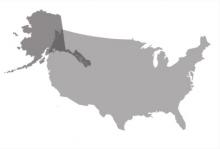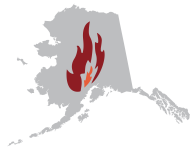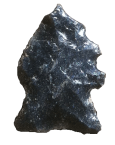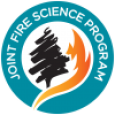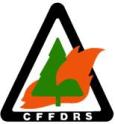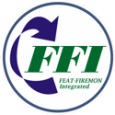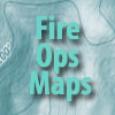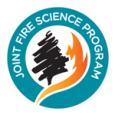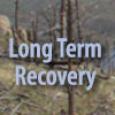The Alaska Fire and Fuels Research Map provides online site-level information and locations for fire and fuels-related studies through a map interface. Funding was provided by the Joint Fire Science Program and it is hosted through the Alaska Interagency Coordination Center.
The Alaska Fire Portal provides information about fire science and technology relevant to Alaska. The goal is to support resource managers, decision makers, scientists, students, and communities who want access to the results of efforts to understand and manage fire and fuels on lands in Alaska. Content may also be relevant to boreal forests of western Canada. A substantial amount of the Alaska-related content was originally compiled through the FIREHouse project (the Northwest and Alaska Fire Research Clearinghouse), funded by the Joint Fire Science Program, and its two related projects: the Alaska Reference Database (also accessible through the 'View Catalog Records' button below) and the Alaska Fire and Fuels Research Map.
Highlighted Content

Alaska Fire and Fuels Research Map

Alaska Reference Database
The Alaska Reference Database provides a listing of fire research publications relevant to Alaska and a venue for sharing unpublished agency reports and works in progress. The Joint Fire Science Program provided initial funding.
